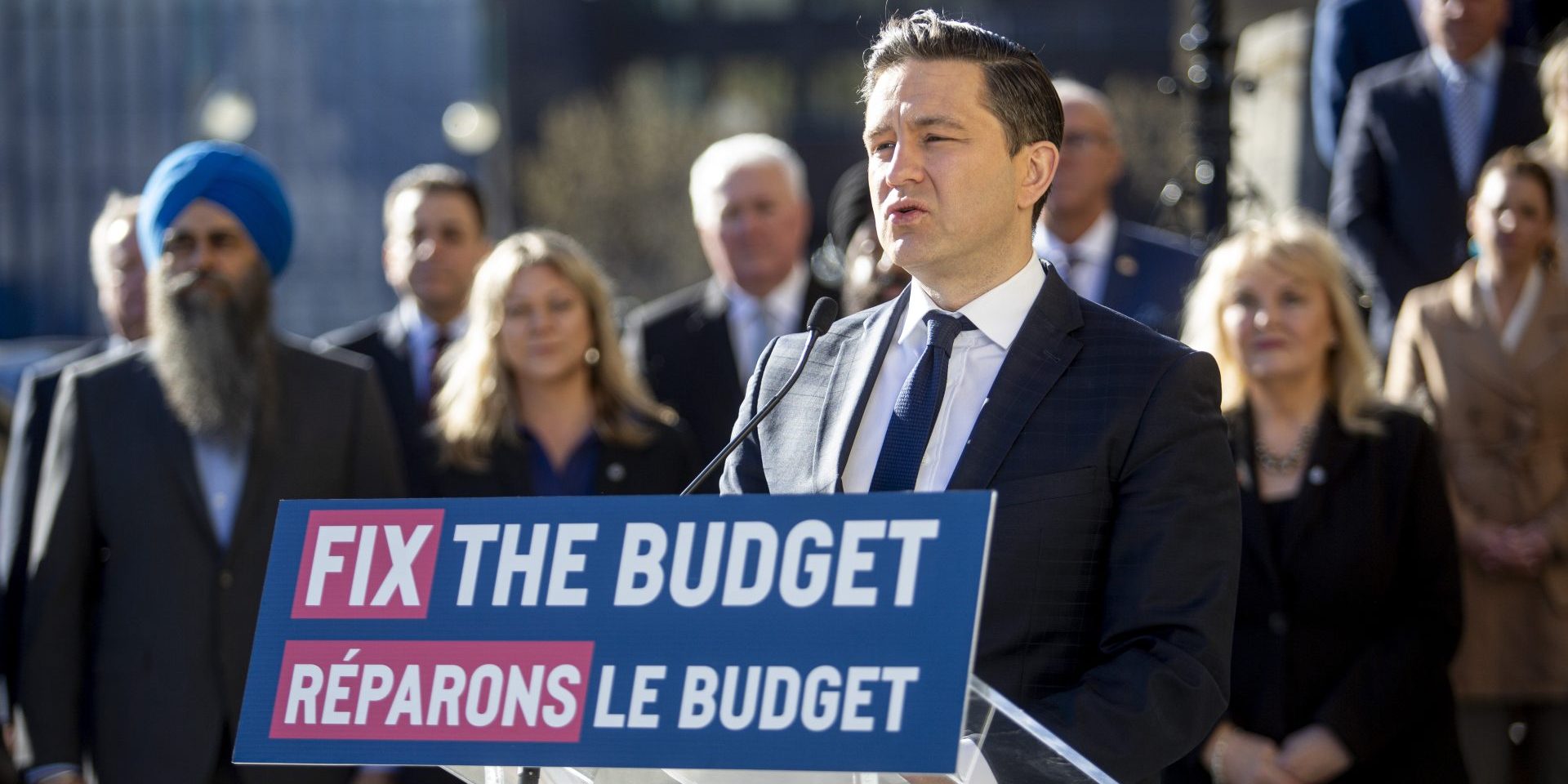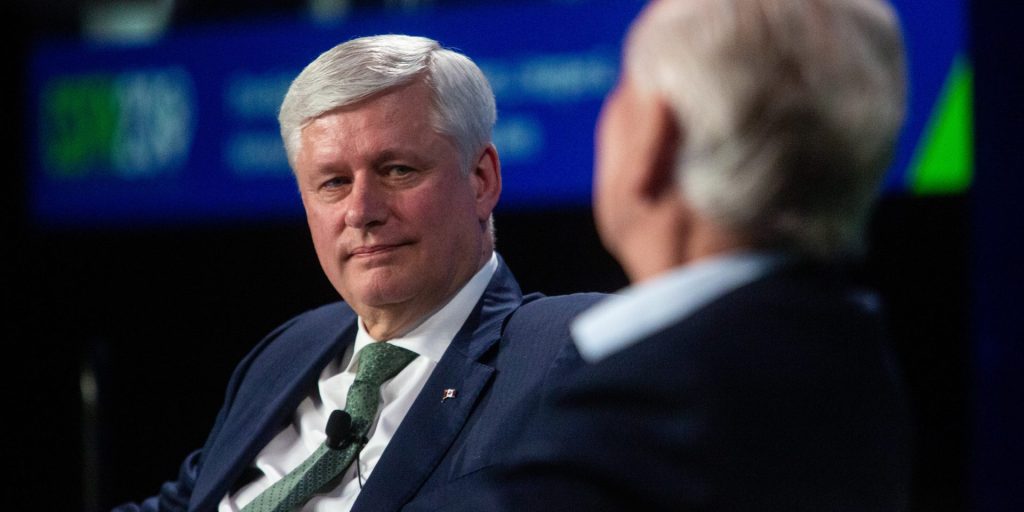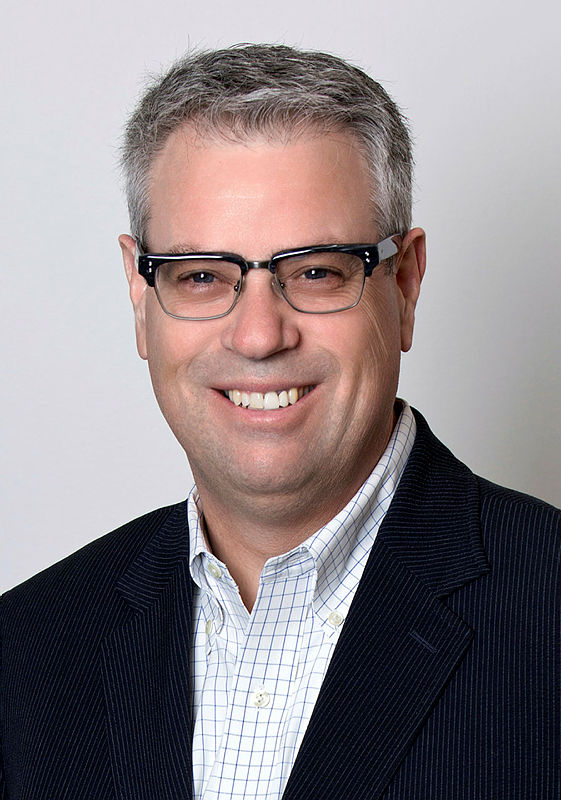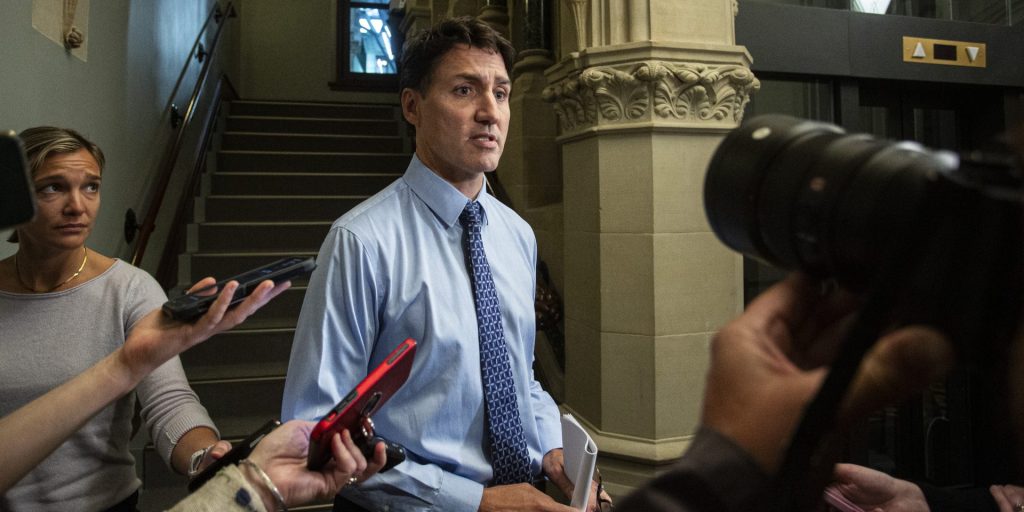Politics drives Poilievre’s support for OAS hike, sets the stage for future budget ‘trade-offs,’ say observers

Conservative support for billions in new spending for Old Age Security likely won’t shrink the party’s support among fiscal conservatives, says pollster Darrell Bricker, but it shows “there’s going to be no easy place to go” to balance future budgets.
On Oct. 2, Pierre Poilievre’s (Carleton, Ont.) Conservatives voted in favour of a Bloc Québécois motion for the government to endorse an expansion of Old Age Security (OAS) for seniors aged 65-74—an increase the Parliamentary Budget Officer says would cost more than $16-billion over five years. The Conservatives had previously voted in favour of a Bloc private member’s bill on the same matter, C-319, when it was at second reading in October 2023. Both votes passed the House with the NDP support, and most Liberals opposed. As a money bill, the private member’s bill cannot become law without receiving royal recommendation from a member of cabinet.
The proposal has drawn the ire of some policy experts over the additional spending it would require, especially when Canada is already in a massive deficit. Budget 2024 projects the deficit for the current fiscal year to be $39.8-billion.
The organization Generation Squeeze, which advocates for generational fairness, posted on X, calling the Bloc’s proposal a transfer to “the generation with the least poverty and most wealth,” saying it would be “not just unfair to other generations but bad for the country as a whole.”
The @BlocQuebecois is demanding a $16 billion increase in OAS payments to the generation with the least poverty and most wealth, as a price to avoid an election. This is not just unfair to other generations but bad for the country as a whole. #cdnpoli pic.twitter.com/Iak0wevYFw
— Generation Squeeze (@GenSqueeze) October 7, 2024
Former Bank of Canada governor David Dodge called the proposal “bad economics,” and “the last thing that we need to be spending money on.”
However, an Oct. 3 Nanos poll found the move is politically popular. More than three out of four Canadians say they support the increase.
Poilievre—who previously described Prime Minister Justin Trudeau (Papineau, Que.) as a “pyromaniac” when it comes to inflation—supported the motion despite his frequent calls for the Liberals to show fiscal restraint.
Bricker said Poilievre’s repeated promise Conservatives will “fix” the budget is “a quite precisely chosen word” meant to avoid future problems.
“This is where [former prime minister] Stephen Harper got caught,” said Bricker. “He talked about balancing the budget, and so going into the 2015 election, he was cutting everything, all to be able to say that he delivered a balanced budget, and it was something that probably hurt him during the campaign.”

Poilievre ends many of his speeches saying a Conservative government would “fix the budget,” but generally does not use the phrase ‘balance the budget.’ However, in a Sept. 24 House of Commons speech—in which he called on MPs to support a Conservative non-confidence motion—Poilievre said, “We will cut bureaucracy, waste and consulting contracts, so that we can get the budget close or, hopefully, on balance as soon as possible to bring down interest rates, inflation and debt.”
Poilievre’s office did not directly address a question from The Hill Times on Oct. 8 about whether a Conservative government was committed to balancing the budget.
Conservative MP Anna Roberts (King—Vaughan, Ont.), her party’s seniors critic, said in an Oct. 8 statement, “The power of seniors’ cheques has been wiped out by Trudeau,” and a Conservative government would deliver “powerful paycheques and lower prices for all Canadians by axing Trudeau’s taxes and inflationary spending.”
But in Toronto on Oct. 10, Poilievre indicated that although his party supported a Bloc motion in the House to expand OAS, he said there are other ways to give seniors “more purchasing power,” if he wins government, including by eliminating the carbon tax and lowering income tax.
“As we develop our platform, we will bring forward a low tax plan that allows seniors to have more powerful pensions and to bring home the affordable prices that will allow them to have a dignified retirement, which the people who built our country deserve more than anyone else,” Poilievre told reporters.
Poilievre would have ‘a natural imperative to balance the books’: Baran
After months of criticizing government spending, the Conservatives must “offer up some explanation" for supporting the Bloc motion, said Bricker, but it’s not likely to hurt them. He said fiscally conservative voters would continue to see the Tories as the party most likely to wisely handle tax dollars.

However, Bricker said a Conservative government could face political challenges reining in overall spending. He said rolling back any social programs in an effort to balance the budget will be much more difficult than it was to put those programs in place.
“People get used to them,” said Bricker. “Somebody is usually affected by taking it away, and usually—almost always—in a negative way. So taking away these things is pretty hard.”
He said if Poilievre rolls back programs as prime minister, non-Conservative voters would be the most likely to oppose these moves—at first.
“The question is: how much of their support that they win in the election campaign will it eat into?"

Former Conservative staffer Yaroslav Baran said supporting the OAS increase makes political sense, and it is in the Tory “DNA” to be fiscally conservative once in office.
“Seniors have always been a core demographic in the Conservative electoral coalition, so it really shouldn't come with any mystery whatsoever that Conservatives would support an initiative to increase the financial security of retirees,” said Baran.
He said most fiscal conservatives would likely accept this spending as part of a “broader range” of budgetary changes.
“New investments in one place are going to have to be offset by saving in some other places,” said Baran, but the OAS measure wouldn’t be an obstacle to decreasing overall spending.
Instead, a Poilievre government could look to items such as “corporate welfare” to find savings, he said.
“I don't think for a second that every single avenue of spending getting federal government support right now is going to continue.”
Baran said he sees Poilievre’s “fix-the-budget” tagline as a sign the Tory leader is leaving himself some room to manoeuvre, not that Poilievre isn’t committed to balancing the books.

Baran noted that, in 2015, Trudeau campaigned on running deficits for three years before returning to balance, a promise which “not only was missed, but was blown out of the water.”
“The more precise you are, the easier it is to criticize later,” he said.
Baran said a Poilievre government would have “a natural imperative to balance the books” because that’s how Conservatives are “wired politically.”
‘That space might be needed elsewhere’: Tombe
But any government looking to tackle the deficit will have both fiscal and political pressures to navigate.

Trevor Tombe, an economist at the University of Calgary, said in strictly fiscal terms, the current deficit is sustainable, an observation echoed in the PBO's annual fiscal sustainability report earlier this year. This means if no new programs are added, Tombe explained, revenue growth would eventually offset spending, and the budget would come into balance.
However, there is always political pressure for new or expanded programs, and the current OAS issue exemplifies this tension, said Tombe.
He said an OAS top-up is not sound policy because “it's hard to think of a problem where boosting OAS would be the best way to solve it.”
He said it was the same case in 2021 when the Liberal government raised OAS payments for seniors aged 75 and older.
In both cases, boosting the means-tested Guaranteed Income Supplement for seniors would have been a better option, said Tombe.
“There’s a lot of politics going on, on all sides,” he said.
However, said Tombe, while the top-up is a large addition to spending, it is “not large enough to fundamentally change the fiscal picture” with the debt-to-GDP ratio in decline.
“It wouldn't fundamentally change the trajectory,” he said. However, it would take up some fiscal space that “might be needed elsewhere.”
That’s because there will always be new political pressures for spending, and a key one on the horizon may be the provinces. Unlike the federal government, not all provincial governments are in a fiscally sustainable position.
He said that’s why it’s “completely fair” if a party says it wants to both raise OAS payments and balance the budget, but they “need to be honest about ‘well, then what is going to give elsewhere?’”
“Policymaking is always about trade-offs,” said Tombe. “It always involves winners and losers, and it's the job—the hard job—of government and political leaders to weigh the interests of some Canadians off against others.”
icampbell@hilltimes.com
The Hill Times
Editor's note: This story was updated on Oct. 10, 2024, to include comments by Conservative Leader Pierre Poilievre on expanding OAS.






 LICENSING
LICENSING PODCAST
PODCAST ALERTS
ALERTS













